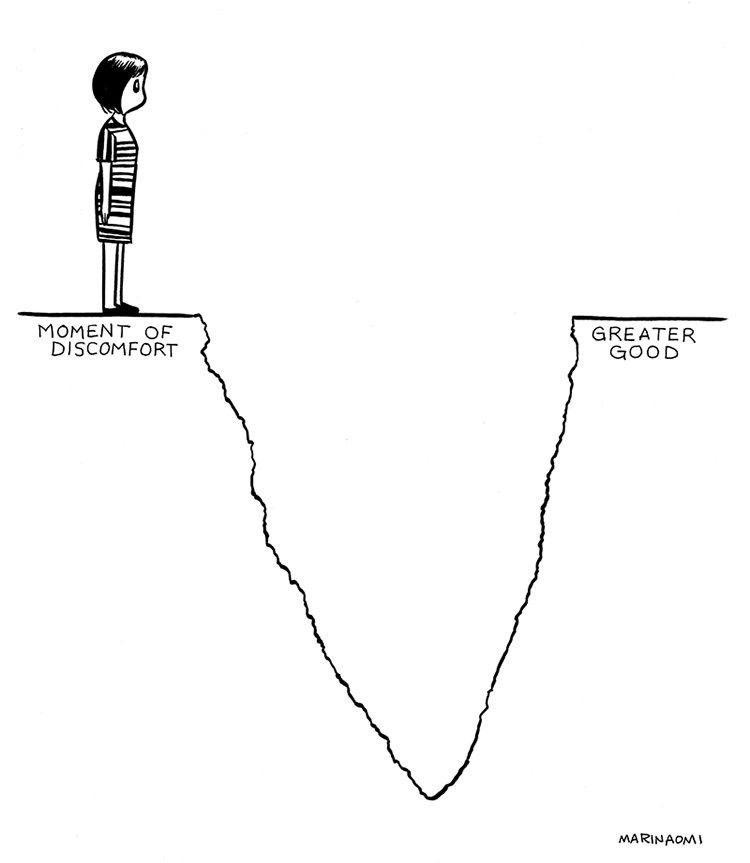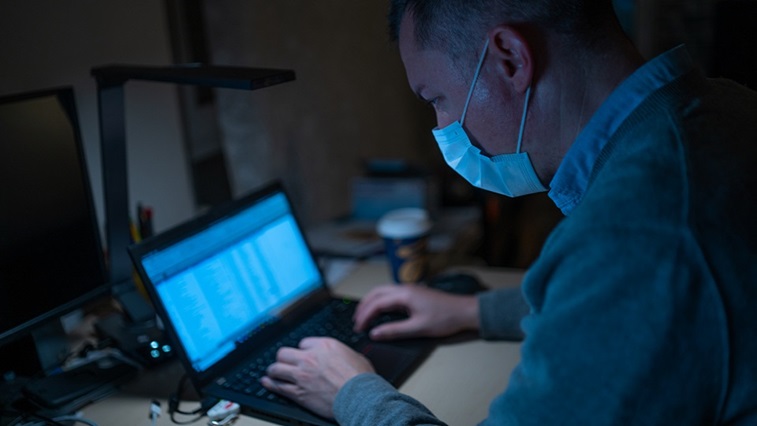Leadership is difficult! If it was easy, each one of us would have a clear vision of where we’re going and what needs to happen to get there. We would all have a greater awareness of our strengths and weaknesses, an ability to give up our insecurities, and a willingness to sacrifice our own convenience for the greater good.
It is this last point that I would like to focus on here – The Greater Good.
#StayHome has been trending for many weeks across pretty much every social media platform. At the core of this campaign, the world is coming together to ask people to sacrifice their own ‘freedoms’ for the sake of our broader communities. The act of staying home is to help flatten the curve so that our health systems do not collapse under the pressure of too many patients requiring medical support, and to allow time for scientists to research vaccines and treatments.
In the 41 years of my life, this is the first time I have seen the entire planet being asked to do the same thing for the greater good. I am intrigued by why it has taken a virus, contracted from a bat in China, for the citizens of the world to come together to work towards a common goal. I am also fascinated by how both world leaders and business leaders have struggled, in some cases, to make decisions in the interest of the Greater Good. I suspect the two factors below are at play.

A Vision with Blind Spots
Great leaders and visionaries of the past and present have held strong beliefs with one common value in mind:
- Abraham Lincoln had to fight against systemic discrimination to abolish slavery in the U.S for the greater good.
- Nelson Mandela raised awareness of South Africa’s need to remove apartheid and free South Africa for the greater good.
- Ellen Degeneres risked her own career to bring the discussion of the LGBTQI+ community to the forefront of social issues for the greater good.
A great vision starts and finishes with the greater good. However, most companies currently focus on a vision that is narrow and self-interested (i.e. being the best in the country/region/world at something). Where is the greater good in this vision? Perhaps leaders must ask how they are contributing positively to everyone and not just to a limited number of stakeholders at the risk of others? For example, should banks be able to be publicly listed to primarily focus on making money for their shareholders?
Without a vision, there cannot be clarity of direction. For instance, the world has witnessed decision-making from some Heads of State during this global crisis that is clouded by confusion and a lack of conviction. This happens because the vision is not clear and not in the interests of the Greater Good but instead benefits a small group of stakeholders.
Leadership, unfortunately, is no longer about mobilizing people behind a shared vision. Instead, storytelling seems to be the greatest currency for leaders, as the person who relays the best story to the masses in the most effective way is who many choose to follow. It is no longer about substance, but the delivery of content.
Leading Without Compassion
Without empathy and action, compassionate leadership is not possible. As the world has witnessed recently, compassionate leadership is what is required around the world when leading through any form of disaster or tragedy. We look to the compassionate leaders such as the Marriott International CEO, Arne Sorenson to demonstrate a connection to the industry, his employees and customers. His candid and emotional video address was honest, clear and hopeful – a true masterclass of leadership. On the contrary, the CEO’s of Harrod’s and Carnival Cruises, who demonstrated a complete lack of compassion in their leadership, left workers and bystanders feeling disconnected.
In the case of Harrods, their CEO, Michael Ward was seen to mock Coronavirus sufferers while dancing and fake coughing his way through a TikTok video with his daughter, Frankie. The video, of course, outraged many who branded his actions as insensitive or irresponsible. Had Mr. Ward acted with compassion, the video would never have been made and he perhaps would have used that time to advise his daughter on the power of using the TikTok platform and her audience for the Greater Good!
If we take anything from the ongoing COVID-19 pandemic, I believe it will be a greater understanding of how our actions can contribute positively towards the greater good. People understand that by simply staying home, they are helping to flatten the curve and making a difference to how long this plays out and how many lives are lost along the way. The action of staying at home – no matter how simple this seems – is the most powerful thing we can all do at the moment, with long-term benefits to the patient survival rate and global economy.


